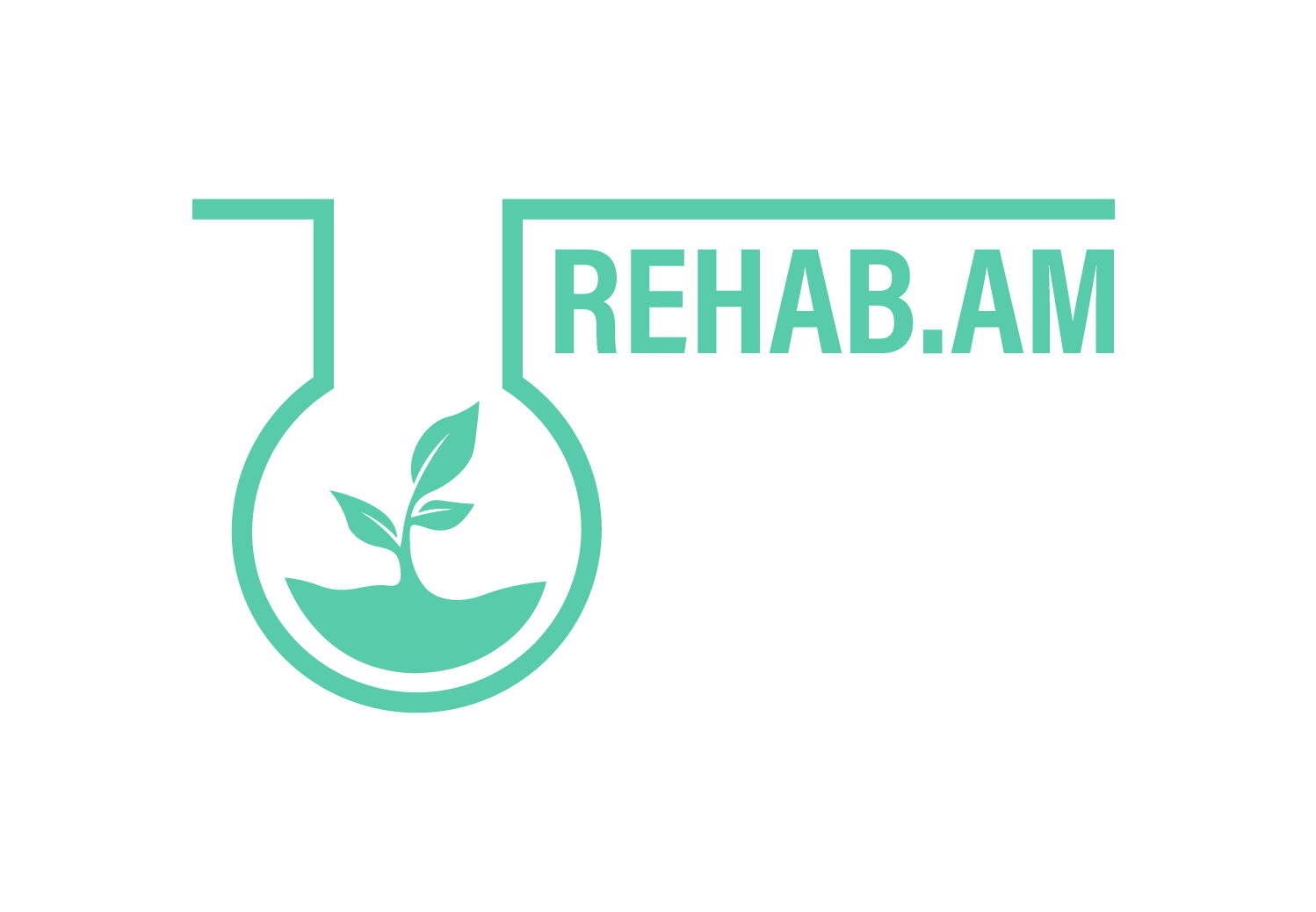
Treatment of Alcoholism
Despite the well-established evidence of the harm caused by alcoholic beverages, the process of reducing the number of their consumers occurs very slowly. Many people are at risk of alcoholism, which is a mental illness based on an uncontrolled thirst for alcohol. An alcoholic person loses interest in all aspects of life except drinking alcohol. As a result, they degrade as a person, suffer from many serious diseases, break social bonds, and reach their lowest point. However, modern medicine has the means to help an alcoholic return to normal life. Chronic alcoholism, also known as alcohol use disorder, is a serious and progressive mental illness caused by the use of alcohol in all its forms and manifestations. Alcoholism is not just a bad habit; if it were, fighting it would be much easier.
Alcoholism: Causes and Consequences
Alcoholism is a complex disorder with various factors contributing to its development. Understanding these factors can shed light on the causes and consequences of alcohol dependence. The following factors play significant roles in the formation of alcohol dependence:
- Social Factors: Socioeconomic circumstances and cultural customs greatly influence alcohol consumption patterns. Low levels of education and financial support, as well as customs that associate friendships, celebrations, and social gatherings with alcohol consumption, contribute to the development of alcohol dependence. Sometimes these factors become the cause of rapidly developed teenage alcoholism.
- Biological Factors: Biological predispositions can increase the risk of alcohol dependence. Hereditary factors play a role, as individuals with a family history of alcoholism are more susceptible to developing the disorder. Additionally, the presence of nervous and mental disorders in childhood, along with an imbalance in arousal and inhibition processes, can contribute to the development of alcohol dependence.
- Psychological Factors: Psychological factors also contribute to alcohol dependence. The desire for pleasure and euphoria, lack of self-confidence, irritability, anxiety, low capacity for social adaptation, and inadequate stress management skills can all increase the risk of developing alcohol dependence.
Alcohol dependence exposes the liver to the risk of alcohol-related cirrhosis, heart failure, vascular damage, and an increased risk of developing oncological diseases. Individuals experiencing alcohol dependence may exhibit aggressive behavior, slowed thought processes, and intensified psychological and personal problems. In severe cases, alcoholism can lead to the development of psychosis and epilepsy.
Treatment of alcoholism
The treatment of alcoholism is a complex task that requires collaboration between the patient and the doctor. One of the key factors for successful treatment of alcohol dependence is the patient's internal motivation and determination to begin the treatment process. Having a strong desire to overcome alcoholism and lead a quality, fulfilling, and alcohol-free life serves as a powerful motivating factor in overcoming addiction. One of the best drug and alcohol treatment centers Rehab.am offers the following treatment options:
